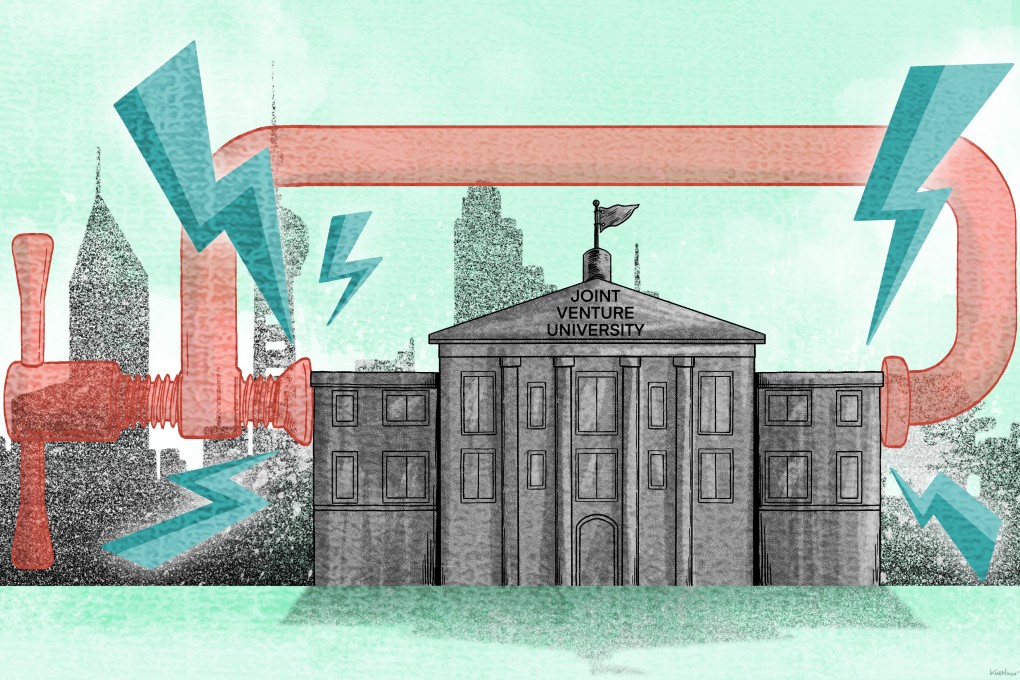China’s foreign joint venture universities feel chill as political controls tighten
Students and faculty at the institutions, once known for liberal campus culture, report clampdown on clubs, curriculum and classroom speech

Richard Li, president of a Japanese culture club at a university in China, was pulled aside after a club meeting by a faculty supervisor. He was taken to a shadowy corner and warned that none of his proposals for club activities would be approved. He was flabbergasted.
“Our club has never faced such a situation before. I thought this wouldn’t happen at a Sino-foreign joint university,” said the 21-year-old.
The change, according to 10 faculty, staff and students interviewed for this story, is reflective of campuses across the country, and Sino-foreign joint universities – joint ventures between overseas and mainland Chinese institutions – are no exception. The interviewees all requested anonymity or to be identified by pseudonyms because of the sensitivity of the issue.
